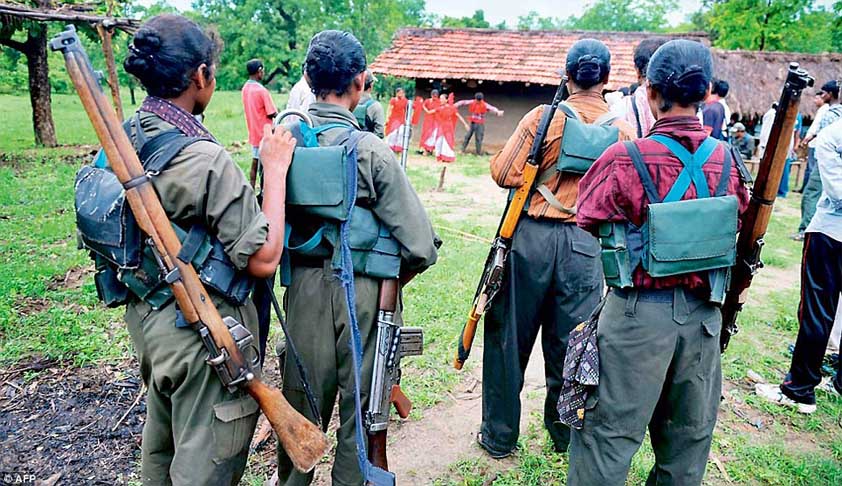Chattisgarh Government’s Policy To Facilitate “Surrender” Of Suspected Maoists Under Challenge
LiveLaw Research Team
23 May 2017 6:12 PM IST

Next Story
23 May 2017 6:12 PM IST
The “surrender” of the three-term sarpanch of Chintagufa (till 2010) in Chattisgarh, and a member of the Communist Party of India (CPI), Podiyam Panda, to the Chattisgarh Police purportedly on May 9 has led to serious misgivings about the policy of surrender of suspected Maoists, being pursued by the state Government.Panda was picked by the police from near his village in Sukma district...
